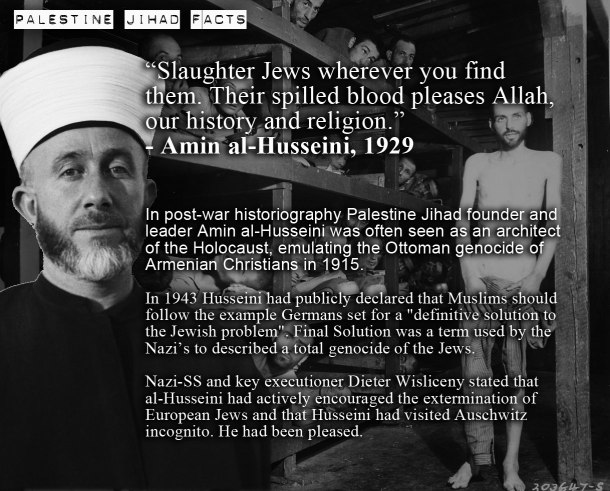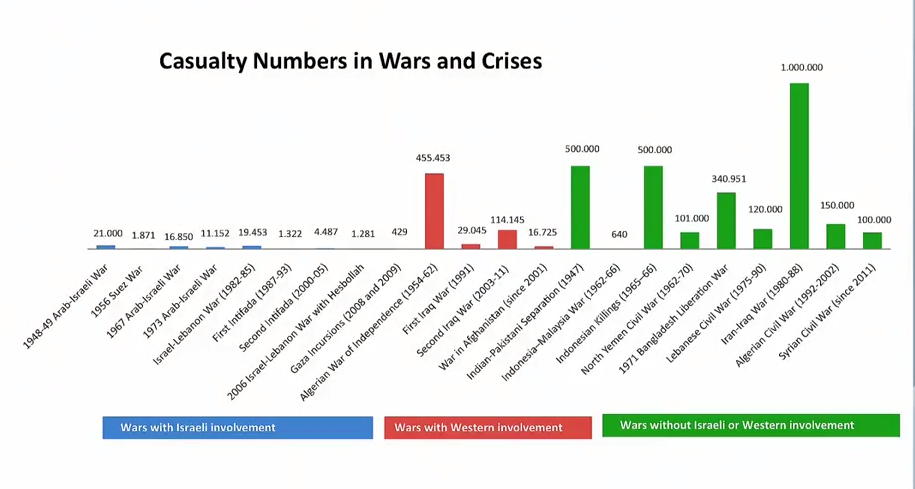rylah
Gold Member
- Jun 10, 2015
- 21,143
- 4,483
- 290
Fist of all I want to repeat:
Usually all these talks are just choirs of opportunists cynically bandwagoning on the conflict,
for their own benefit of position, attention and income. All that BDS, Peace Now none sense...
But some talks will go historic for being REAL and MATURE.
(Comment)
So obviously, there's already another conversation about this video,
but I wanted to specifically entertain a different topic Rudy mentioned.
For the sake of exercise:
since most here are not actually involved in the conflict,
let's try to detach from personal political opinions, and imagine a utopic reality where both sides try to look for ways to come together after agreeing on fundamentally to build the country together.
Let's put aside the option that 'from the river to the sea' there will be anything but Israel,
or that it will be anything but the Jewish Nation state, just put that aside for a moment.
Now context:
SULHAH (forgiveness in Arabic)
is a traditional Arabian tribal ceremony,
that involves conflicting sides gathering for one goal - move forward.
It's a very emotional ceremony where both sides must hear each other's stories,
really immerse with them in that, showing solidarity and respect, to later seal a social pact.
Now this is usually a one time ceremony.
But I was thinking more in the direction of a NATIONAL DAY.
What do I mean? As Rudy was talking about:
the Nakba day is commemorated intentionally on Israel's day of Independence,
the day before that is Israel's Memorial day for fallen soldiers and victims of terror.
Presuming that we've left the notion that any of the sides has to go,
as mentioned above, both comprise the wider Israeli society.
What if we change the Memorial day to national Sulha day,
to commemorate losses on both sides?
Next day celebrate Independence...
How bout that as an idea?
Let's see who agrees and disagrees.
Usually all these talks are just choirs of opportunists cynically bandwagoning on the conflict,
for their own benefit of position, attention and income. All that BDS, Peace Now none sense...
But some talks will go historic for being REAL and MATURE.
(Comment)
So obviously, there's already another conversation about this video,
but I wanted to specifically entertain a different topic Rudy mentioned.
For the sake of exercise:
since most here are not actually involved in the conflict,
let's try to detach from personal political opinions, and imagine a utopic reality where both sides try to look for ways to come together after agreeing on fundamentally to build the country together.
Let's put aside the option that 'from the river to the sea' there will be anything but Israel,
or that it will be anything but the Jewish Nation state, just put that aside for a moment.
Now context:
SULHAH (forgiveness in Arabic)
is a traditional Arabian tribal ceremony,
that involves conflicting sides gathering for one goal - move forward.
It's a very emotional ceremony where both sides must hear each other's stories,
really immerse with them in that, showing solidarity and respect, to later seal a social pact.
Now this is usually a one time ceremony.
But I was thinking more in the direction of a NATIONAL DAY.
What do I mean? As Rudy was talking about:
the Nakba day is commemorated intentionally on Israel's day of Independence,
the day before that is Israel's Memorial day for fallen soldiers and victims of terror.
Presuming that we've left the notion that any of the sides has to go,
as mentioned above, both comprise the wider Israeli society.
What if we change the Memorial day to national Sulha day,
to commemorate losses on both sides?
Next day celebrate Independence...
How bout that as an idea?
Let's see who agrees and disagrees.
Last edited:







